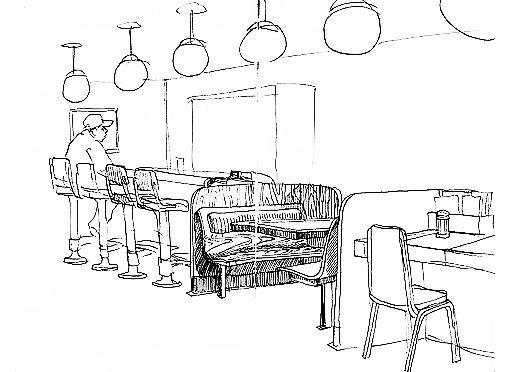“He was a good man.” That’s what people are saying today. Those are the words to use on a day like today.
There are some who say things like, “He’s in a better place.” Or, “He’s at rest.”
Variations on a theme. What they really mean is: “He was a good man.”
And from what I understand, Frank Cotten was.
This is Brewton, Alabama. This visitation is a big one. There are so many folks in the receiving line it looks like a Friday night game.
They tell me the white-haired man in the casket was football.
A long time ago, they started calling him “Coach.” It became his first name. He was a principal, a city councilman, a Baptist, he sold Fords. He was good.
His son gave a speech:
“When Dad was on city council, one Christmas Eve some guy in town called to chew him out about the city's late trash pickup. And Dad just listened without saying a thing.”
Later that same Christmas Eve, Coach drove to the disgruntled citizen’s house and picked up the trash.
A good story.
But then, good stories are abundant today. Even the white-haired preacher has a few knee-slappers.
I would share them, but that’s not my right. I didn’t know the man.
Even so, I know funerals. Like anyone else, I’ve been on both sides of this receiving line. At my father’s funeral, I shook hands with a million kindhearted people, and heard a million kindhearted stories.
And, I’ve waited in long lines to tell stories of my own.
Like when my friend died at age fifty-one. The healthiest man I knew. After his diagnosis, he was gone in a matter of months.
I stood in line for forty-five minutes just to hug his wife’s neck.
While I waited, I did what everyone does. I thought up meaningful words. I tried to find a way to say something heartfelt.
I…







